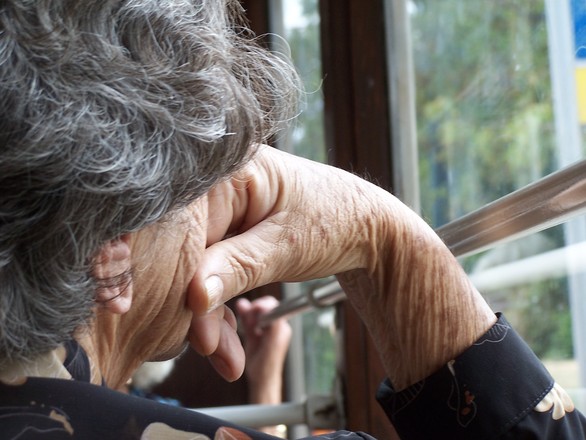- Free Initial Consultation: (954) 761-3641 Tap Here To Call Us
Florida Lawmakers Weigh Bill of Rights to Prevent Nursing Home Abuse, Neglect

Florida’s Constitution Revision Commission, which convenes every 20 years to review proposed changes to the state’s constitution, is being asked to consider an introduction of a “Nursing Home Bill of Rights,” that would mandate the right of vulnerable residents to a safe, comfortable living environment. Proposal 88 also includes a provision that would guarantee residents’ access to courts and a jury system – a right that is often lost upon admission when residents are required to sign arbitration agreements.
This change could have a profound and lasting positive impact for the estimated 70,000 Florida nursing home residents, who are often frail, vulnerable and targets for abuse and exploitation. Arbitration agreements are generally disfavored by plaintiff attorneys because they strip patients of the right to have disputes resolved in a court of law by a jury. Arbitration takes away certain rights that are guaranteed through the court process, such as the right to discovery (the sharing of information about what allegedly occurred). Outcomes of arbitration in nursing home abuse cases also tend to be decided more favorably toward the nursing home, with fewer and lesser judgments for the plaintiffs. Finally, the process is secretive and confidential, meaning potential future patients don’t have the benefit of knowing what really took place and residents and families don’t have the right speak freely about problems with abuse and neglect at a given facility.
It’s worth noting there is a resident bill of rights codified in Florida Statutes, specifically F.S. 429.28. This provision affords residents a litany of protections, including the right to a safe living environment free from abuse and neglect, treatment that is respectful and cognizant of one’s personal dignity and access to appropriate and adequate health care consistent with established and recognized standards in the community. However, Proposal 88 would commit these rights to the state constitution (making them more difficult to amend) and also taking mandatory arbitration agreements off the table.
These proposed changes were spurred in large part by the tragedy at a Hollywood Hills nursing home after Hurricane Irma, when a dozen residents died of heat-related illness when the facility lost power and allegedly failed to seek appropriate assistance from emergency authorities.
A spokeswoman for the Florida Health Care Association, a nursing home industry group, accused proponents of Proposal 88 of “capitalizing on a tragedy,” arguing there is nothing in the bill that would have changed what happened here in South Florida after last year’s monster storm. The spokeswoman further said this was an effort to expand nursing home lawsuits, not patient’s rights.
But here’s the reality: Allowing patients greater access to the court system is an integral part of their right to justice when they have suffered abuse, neglect or other maltreatment. Yes, it will likely increase the number of nursing home neglect lawsuits in South Florida, but that’s because that avenue has been so heavily restricted in recent years. Many patients and new families don’t fully understand what they are signing when they are handed an arbitration agreement amid a stack of admissions paperwork, but are informed if they don’t sign it, they will be turned away.
Florida has largely upheld the validity of nursing home arbitration agreements, except in cases where the contracts are in violation of public policy (skewed unconscionably in favor of the facility) or invalid due to a signature by a person not authorized to serve as power of attorney for the resident.
Protections proposed by this measure are increasingly important in an era wherein certain politicians are seeking to soften fines against the industry for violations of state and federal standards for care, in some cases even discouraging regulators from imposing any fine at all.
Call Fort Lauderdale Injury Attorney Richard Ansara at (954) 761-4011. Serving Broward, Miami-Dade and Palm Beach counties.
Additional Resources:
Do Florida nursing home patients need a bill of rights? Feb. 3, 2018, By Kate Santich, The Orlando Sentinel
More Blog Entries:
Injury Attorney Perspective: Why Florida’s No. 1 Rank as “Judicial Hellhole” is Biased, Untrue, Feb. 28, 2018, Broward Nursing Home Neglect Lawyer Blog













